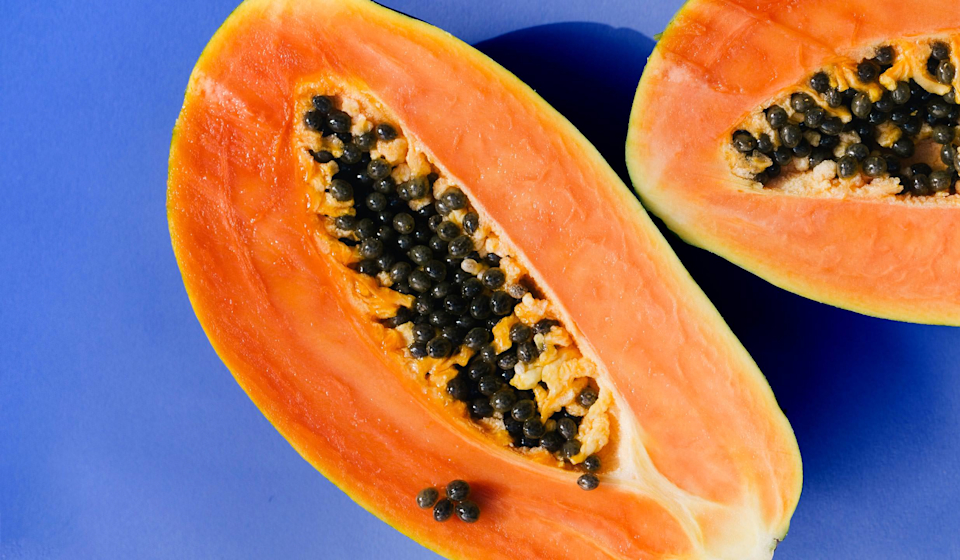Essential Takeaways
• Biotin is important for supporting normal energy-yielding metabolism-and that's important during pregnancy.*
• But since most of us are getting enough biotin through our diets, supplementing generally isn’t necessary unless you’re pregnant.
Suffice to say that biotin has a bit of a reputation—even if it’s not always entirely accurate. That’s not to say that biotin doesn’t play a role in supporting health. So what does biotin do? This B-vitamin (vitamin B7, to be precise) is important for supporting normal energy-yielding metabolism and other critical bodily functions such as protein synthesis and macronutrient metabolism. That makes it especially key to include biotin in a prenatal. But at the end of the day, we all need biotin—we just might not all need biotin supplementation.*
Biotin in a Multivitamin
So, does biotin belong in a multivitamin? The thing is, most of us get adequate biotin via the food we eat—with the exception of pregnant people, who need a bit more biotin to make sure their daily needs are covered. (We’ll get to that in a minute.)* (1)











